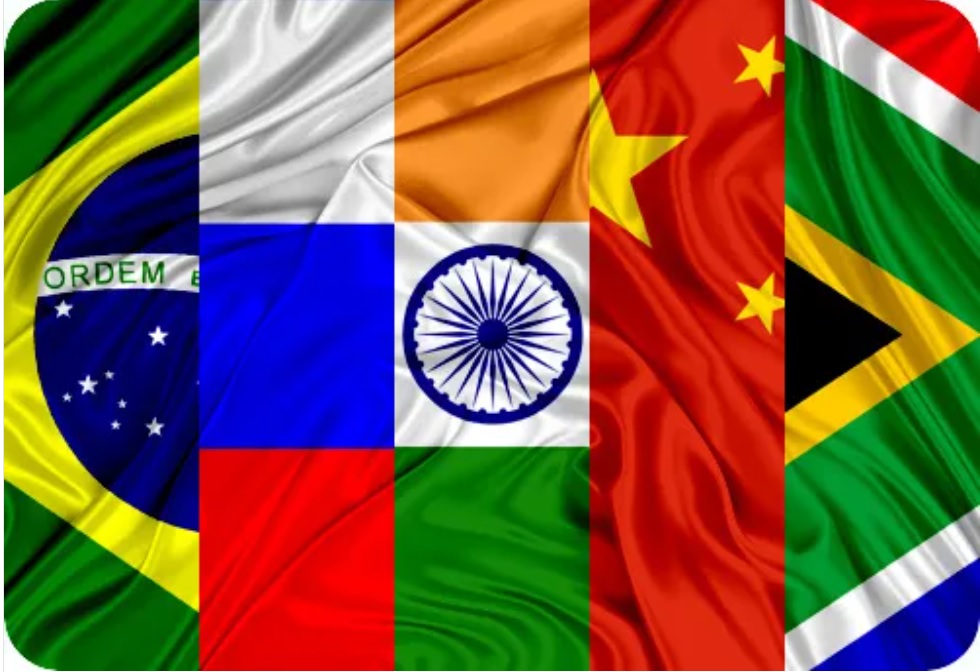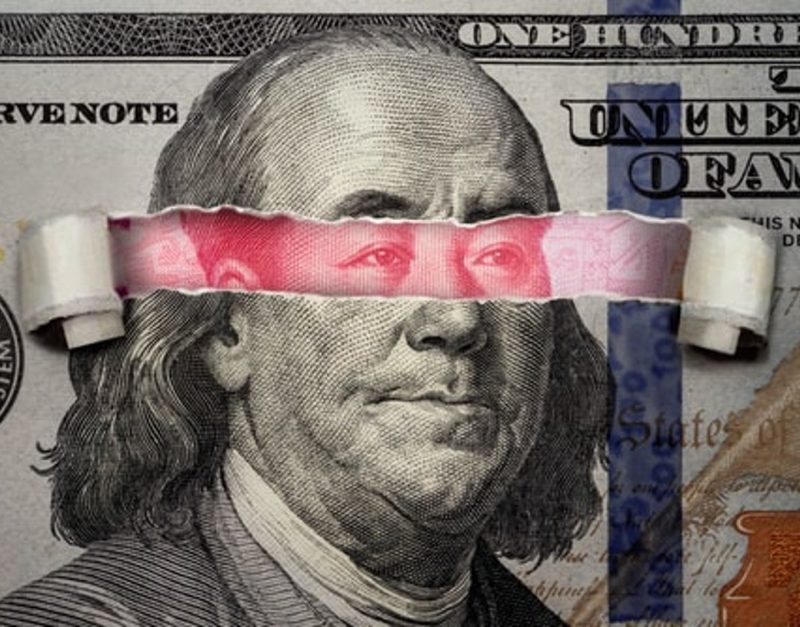BRICS countries are looking to launch a new currency to replace the U.S. dollar for global trade. The development will introduce a new tender in the international markets and compete with other existing currencies. The foreign exchange markets come with volatility and the BRICS currency stabilizing in the robust industry might take time. Therefore, the potential exchange rate is thrown in the wind with uncertainties of its value gaining or losing power.
Also Read: BRICS: 10 Asian Countries Agree to Ditch The U.S. Dollar
Why BRICS Currency Will Not Replace U.S. Dollar


New countries accepting the BRICS currency for import and export comes with a risk as the tender’s value offers no stability. Introducing a new currency in the markets could disrupt the existing financial conditions dominated by the dollar. The BRICS currency will take on global leaders like the Euro, Pound, and Yen. Competing with existing yet strong currencies is a challenge as BRICS nations’ native currencies stand nowhere close in value.
Also Read: 30 Countries Now Ready To Accept BRICS Currency
If their native currencies could not dominate globally, what makes them think that an alliance currency could do the trick? The development is not as easy as thought as launching a currency is easy, making it work is not.
In addition, the BRICS nations have a series of political disagreements with each other. For example, India and China are not on the same terms in political and financial policies. India’s biggest adversity, other than Pakistan is China and that is their biggest disadvantage. Read here to know why India thinks China is using BRICS to further its agenda of world dominance.
Also Read: BRICS: South African Minister Doubts if the New Currency Could Work
BRICS countries have different political systems, ideologies, and geopolitical interests. Aligning their policies and reaching a consensus on important monetary decisions could be difficult, potentially leading to conflicts and disagreements. In conclusion, the BRICS currency might find it hard to compete against the U.S. dollar, let alone dethrone it from the global reserve status.





